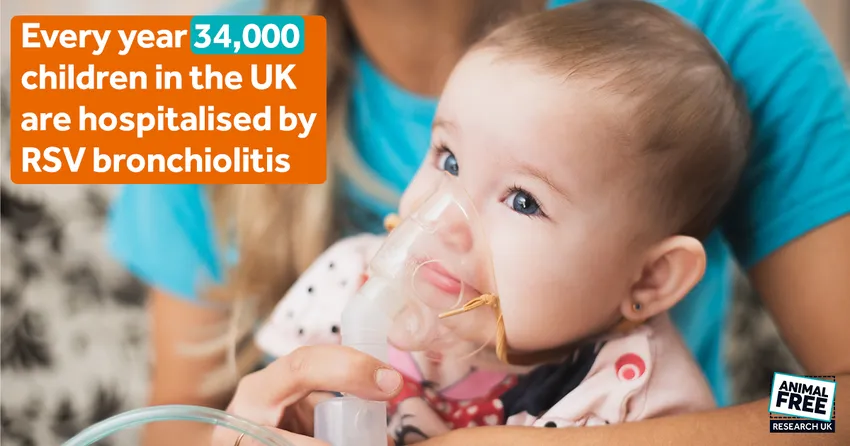This campaign has now closed
We will use cutting-edge technology and human tissue to develop a 3D model of the infant lung to improve our understanding of respiratory syncytial virus (RSV) bronchiolitis, a lung infection that nearly all children under 2 are infected with, leading to 34,000 hospitalisations in the UK per year.
Categories
Beneficiaries
Situation
The respiratory syncytial virus (RSV) is the main cause of bronchiolitis. It is a distressing, potentially life-threatening lung infection responsible for 1 in 6 winter admissions for babies and children in the UK - 34,000 under 5s are hospitalised in the UK each year because of the virus (Source: www.rand.org). After many decades of animal testing there have been no major breakthroughs in treatment and there is no licensed RSV vaccine or effective anti-viral treatment available.
Solution
Our team at the University College London will develop a new 3D model of the infant lung to accurately mimic the conditions of RSV bronchiolitis. These ‘mini lungs’ are made using microfluidic technology - small chips/devices that allow the study of fluid flows like the circulatory system. This will enable the outer layer of the human lung to be studied using human tissue allowing a more accurate and translatable analysis of disease mechanisms, rather than in animal tests.
